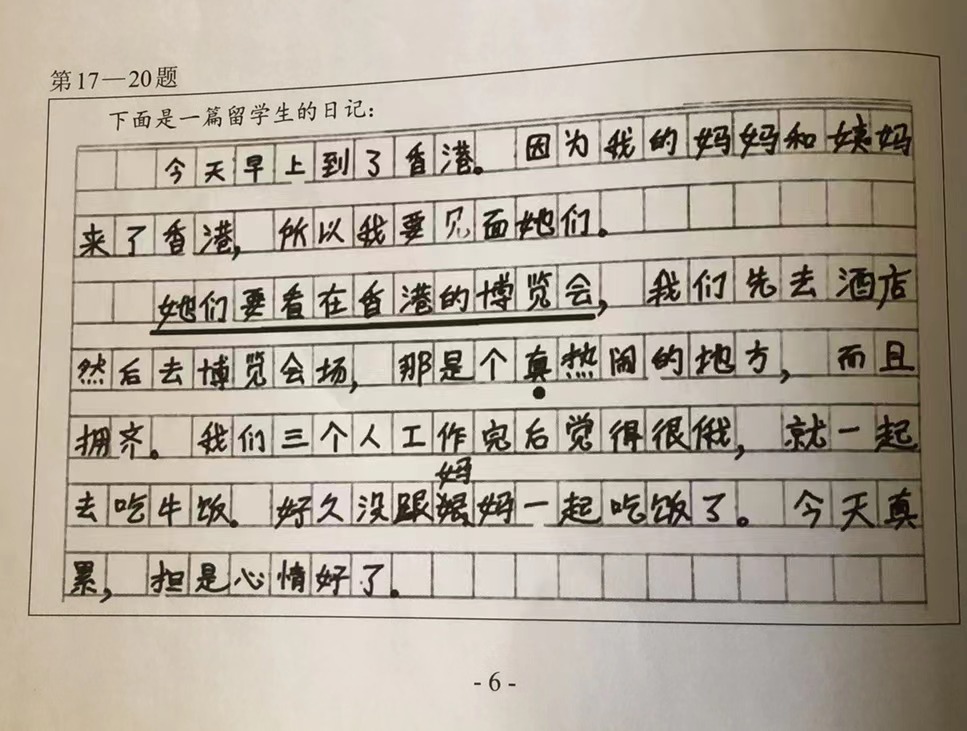真: real, actual, true, genuine
lively: bustling with activity = busy
In English we say real busy, just as in Chinese 真热闹:
real: adverb: Informal. very or extremely: You did a real nice job painting the house.
Yeah, yeah. I'm normally real busy.
是啊,是的,我平时很忙。
对岸挤满了人,真热闹!
The other bank is full of people, (it's) real busy!
那里到处都彩旗飘扬,人来人往,真热闹啊!
(Over) there is all fluttering coloured flags, people coming and going, (it's) real busy!
端午到,挂香包,吃粽子,家家户户真热闹!
When Dragon Boat Festival comes around, people are hanging up fragrant bags, eating 粽子, every household is real busy
这个城市真热闹。
This city is real busy.
假期到,真热闹。
(When) holiday time arrives it's real busy (here).
So there is nothing wrong with 真热闹 or real instead of really. Spoken language takes precedence over proscriptive grammar.
如果你想要一间让你像小孩子一样去度假的树屋,
If you want a tree-house vacation that will make you feel like a child again,
位于印度喀拉拉(Kerela)会是一个让你长久的梦想成真的地方。
Kerala in India may be just the place to turn your long-held dream into a real place.
So what is wrong with:
那是个真热闹的地方
We don't like this because we are not sure if 真 points at 热闹 or 地方, which makes it ambiguous. You can correct it simply like this:
那真是个热闹的地方
that really is a busy / lively / noisy place

